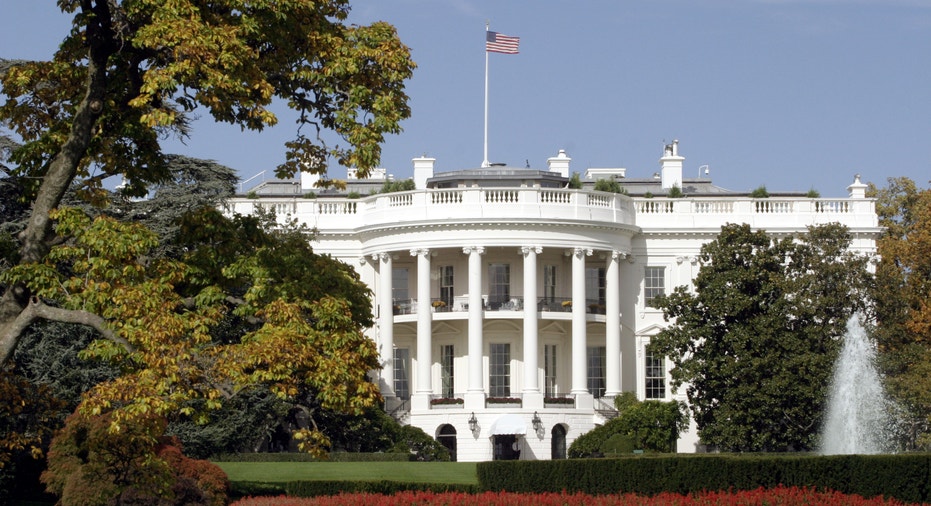Presidents, CEOs and Delusional Ideologues

I caught a nasty virus about a year and a half ago. I don’t know what it was, but it felt like I was dying and lasted forever. I swore at the time I’d do whatever it took to make sure that never happened again.
Did I get a flu shot this season? Of course not.
Last weekend, my wife came down with cold-like symptoms. By Wednesday, she was totally out of commission. I’ve never seen her that sick and, let me tell you, this woman can handle pain like nobody’s business.
Did I make the connection? Nope.
Later that day, before heading into town to pick up some over-the-counter medication for her, she suggested I call my doctor to see about getting a prescription for Tamiflu. I asked why. She said, “Because I have the flu and I’m afraid you’re going to get it.”
Suddenly, the light bulb went off.
Look, I’m not dense, not by a long shot. So how, you might ask, could I so effectively blind myself to the risks I swore to avoid at all cost?
I am what a good shrink might call a master at compartmentalization. In case you’ve never heard the term, it’s an unconscious mechanism that enables people like me to make believe that things we don’t want to exist really don’t exist, all so we can focus on our own narrow belief system without distraction.
No matter how you look at it, compartmentalization is a form of delusion or burying your head in the sand. Like Barack Obama’s final State of the Union address that some dubbed a State of Delusion address because of the president’s ludicrously positive spin on our anemic economy and the global terrorist threat.
But while most references to this psychological defense mechanism are of the pejorative variety, in my experience, it’s both extremely common and not all bad. I might go as far as to say that everyone does it to some extent and it’s practically a prerequisite for highly driven leaders.
Now, don’t get me wrong. Chronically sweeping issues under the rug of your consciousness is not exactly the ideal path to self-awareness, self-enlightenment or self-enrichment, for that matter. But then, nobody’s perfect. And realistically speaking, compartmentalization does serve a purpose, although, in each case, there is risk of a dark side.
For example, I think we all would agree that it’s probably not the best idea for a surgeon to indulge feelings of empathy when he’s got a scalpel in his hand and blood is gushing all over the place. If you’re the patient, you want every neuron of his brain to be laser focused on the task at hand, not distracted by a natural human reaction.
That said, it’s all too easy for a surgeon or any other professional with that sort of power over life and death to become overly narcissistic and develop a God complex.
Executives and business leaders often compartmentalize, especially entrepreneurs and founders who are powerfully driven by a passion or sense of purpose. That’s what enables them to work inhuman hours for months on end while sometimes forgetting to eat, sleep or even shower.
In his heyday as CEO of Microsoft, Bill Gates was by many accounts a preternatural super-geek who couldn’t care less about other’s feelings or his own personal hygiene, for that matter. The man was a ruthless executive whose primary focus was market domination. And for many years, that end justified the means.
On the other hand, Gates was confronted with those issues in several courtroom defeats, including the Justice Department’s antitrust case that culminated in 2001. And today, he is one of the greatest philanthropists in human history. Who would have thought?
Accounts of Apple co-founder Steve Jobs show that he was cut from the same cloth as Gates. He was a perfectionist with an extremely narrow view of what mattered to him and was somehow able to shut everything else out. That’s why he wore the same outfit every day. Clothing was a distraction he didn’t need or want.
Meanwhile, Jobs later said that the public humiliation of being ousted from his own company was “awful tasting medicine” that the patient needed. And that “brick to the head” led to the creation of Pixar, Jobs’ return to Apple and the rest is history.
I’m certainly not a fan of idealistic political leaders who only see the world through the prism of their own fanatical beliefs, especially when all evidence is to the contrary. But sometimes, persevering when everyone and all odds are against you is necessary, especially when the status quo needs changing.
After all, the only difference between a brilliant visionary and a loony ideologue is that the visionary turned out to be right.
But unless your head is buried so deep in the sand that you can’t see what a mess this country is in, you’ve got to admit we’ve had a pretty long and unsuccessful run of ideologues in the White House. I, for one, am ready for a leader who sees things as they are. Which candidate fits that description is anyone’s guess.



















